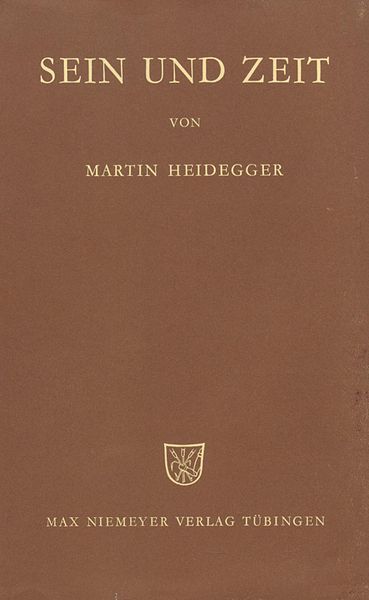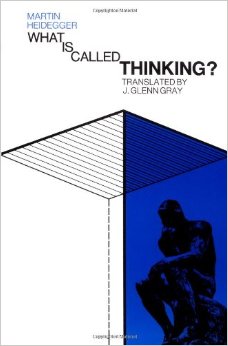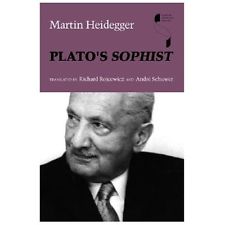Heidegger, Martin. Being and Time. Translated by John Macquarrie and Edward Robinson. New York: Harper Perennial Modern Classics, 2008.


Heidegger, Martin. Being and Time. Translated by John Macquarrie and Edward Robinson. New York: Harper Perennial Modern Classics, 2008.

Heidegger, Martin, and J. Glenn Gray. What Is Called Thinking? New York: Harper & Row, 1976.

Heidegger, Martin and J. Strambaugh. On Time and Being. New York: Harper & Row, 1977.

Heidegger, Martin. Introduction to Metaphysics. Translated by Gregory Fried and Richard Polt. New Haven: Yale University Press, 2000.

Heidegger, Martin. Poetry, Language, Thought. Translated by Albert Hofstadter. New York: Perennical Classics, 2001.

Heidegger, Martin. Plato's Sophist. Translated by Richard Rojcewicz and André Schuwer. Bloomington, IN: Indiana University Press, 2003.

Heidegger, Martin. Basic Writings: Martin Heidegger. Edited by David Farrell Krell. London: Routledge, 2010.

Heidegger, Martin. Phenomenological Interpretations of Aristotle: Initiation into Phenomenological Research. Translated by Richard Rojcewicz. Bloomington, IN: Indiana University Press, 2009.

Heidegger, Martin. The Question Concerning Technology, and Other Essays. Translated by William Lovitt. New York: HarperCollins Publishers, 2013.